Marie-Louise Riley says being diagnosed with dyspraxia at the age of 50 changed her life completely.
The social worker from Broughty Ferry was diagnosed with the condition 12 years ago.
“It is one of the best things that has ever happened to me, even though it was later in life,” the 61-year-old says.
“Getting the diagnosis helped me to understand why my brain processes information in a certain way.
“It has also allowed me to learn more about the condition and put strategies in place which make life easier.”
Dyspraxia, also known as developmental co-ordination disorder (DCD), is a common disorder that affects movement and co-ordination.
People with the condition might struggle with tasks requiring balance, playing sports or learning to drive a car.
Dyspraxia can also affect the fine motor skills, such as writing.
Being diagnosed with dyspraxia
Marie-Louise discovered she had dyspraxia in 2012 after issues with her report writing were picked up by her then employer.
“Looking back I hadn’t known about it until then,” she says.
“I was working as a social worker and some issues came up around my writing in reports I was preparing.
“My handwriting was appalling and I was also using my own kind of shorthand.
“I think there were also errors with my grammar.
“So my boss at the time sent me for tests in Inverurie with a psychologist.”
They interviewed her about her background and examined her writing skills.
“At the end of the tests, the psychologist wrote a report and diagnosed me with mild to moderate dyspraxia.”
How does dyspraxia affect Marie-Louise?
Marie-Louise learned that her dyspraxia mainly affects the way she processes information.
“Everyone has their own a particular style of how they learn,” she says.
“For example, I like step by step instructions and I prefer people to show me.
“Or if they can share their computer screen and talk me through it (and give a step-by-step guide that I can write down), I understand it better.
“If I am overloaded with information, I just don’t take any of it in.”
Dyspraxia affects Marie-Louise’s balance
Marie-Louise’s balance is also affected by dyspraxia.
“I bump into things quite a lot and I don’t like standing still – I feel unsteady on my feet,” she explains.
“I also have problems with directions and I get lost a lot so I have to use Sat Nav in my car.
“This is quite common with people who have dyspraxia.”
Marie-Louise also describes herself as a ‘visual spatial learner’ – this means she thinks in pictures rather than words and learns better with visuals.
Early life and school days
Marie-Louise’s family lived in Bath when she was very young so she went to primary school there.
Her family moved up to Dundee in the 1970s and she attended Grove Academy for her first two years at secondary before going to the former St Saviour’s High School.
“I remember I had difficulty concentrating at primary school and it was the same at secondary school.
“I did apply myself, but I just didn’t get great results.
“Yet the thing about people with dyspraxia is that we are extremely determined so we want to make it work and we will keep doing it until we get there.”
Marie left school with a couple of Highers in French and English and 10 O’ levels.
She went on to study a degree (diploma) in community education at Moray House in Edinburgh.
She later moved to Australia and graduated with a degree in social work from Melbourne University in 1999, before returning to Scotland in 2005.
How did her family support her?
Marie-Louise says her family were surprised by her diagnosis.
But that her dad Ken, who passed away in December 2022, sister Siobhan, who died in April last year, and mum, Anna, were all supportive.
“My mum came with me for the tests and is pleased for me.
“She thinks she has dyspraxia too and will often refer to it.
“I think me being diagnosed has helped her understand more of her own issues.”
How has the dyspraxia diagnosis changed Marie’s life?
After her diagnosis, Marie-Louise had support from a dyspraxia coach.
And she has learned to find the right tools which she put in place to help her with her daily life.
“One of the things I love now is my electronic calendar because it helps me to be more organised,” she explains.
“It helps me to prepare ‘to do lists’ and this has helped me feel less stressed.
“I also make sure I take the time to check everything over too.”
Marie-Louise also now works compressed hours, which includes Mondays off.
“I now work as an agency social worker which allows me to plan my diary – and set my working conditions – so I am in full control and it means I don’t get overloaded.
“I start at 7am in the morning from Tuesday to Friday, when there is no-one around, so I have a quiet space to organise my day.
“By putting these things into practice, it has just made my life so much easier.”
‘Grateful for dyspraxia diagnosis’
Marie-Louise has also found support and good friends through the Facebook group Dyspraxia Scotland Adults.
“The people in the group are really nice and we all struggle with different things. But we talk about it.
“It is good to know other people who also have dyspraxia.”
But while her diagnosis has come later in life, she doesn’t feel cheated.
“I have led a good life. Maybe if I had had the diagnosis when I was younger I might have got to certain places quicker.
“But I am a very philosophical type of person so I work with what is rather than what could have been.”
She added: “If there are people who suspect they might have dyspraxia I would encourage them to get a diagnosis. Dyspraxia UK is a good contact for this.
“I will always be grateful that I was sent for those tests.
“Being diagnosed with dyspraxia has been one of the best things that has happened to me and I am really proud to have it.”
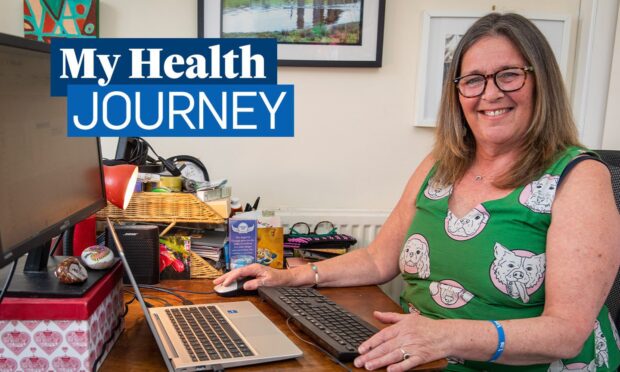
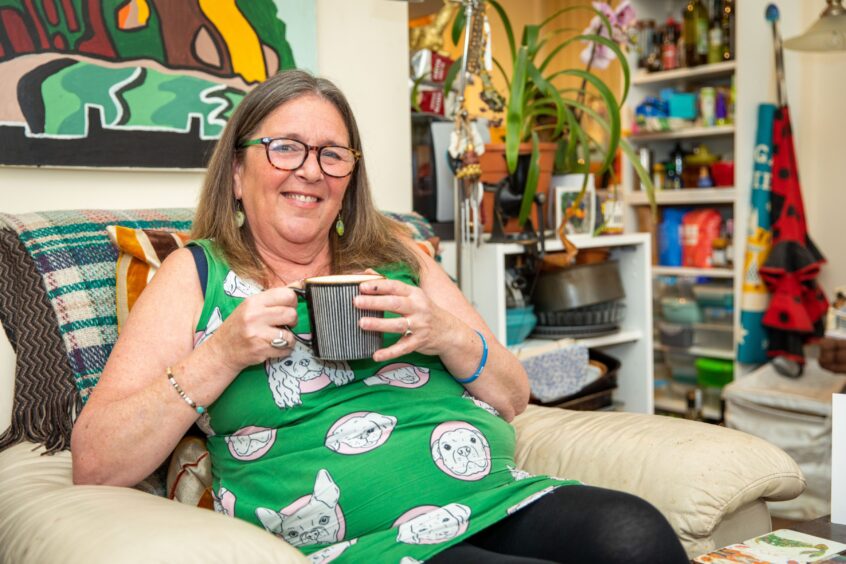
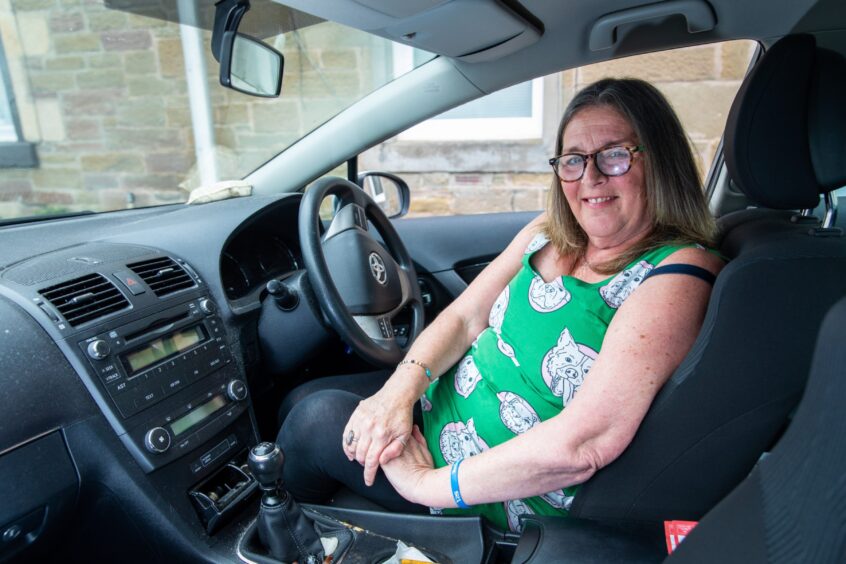
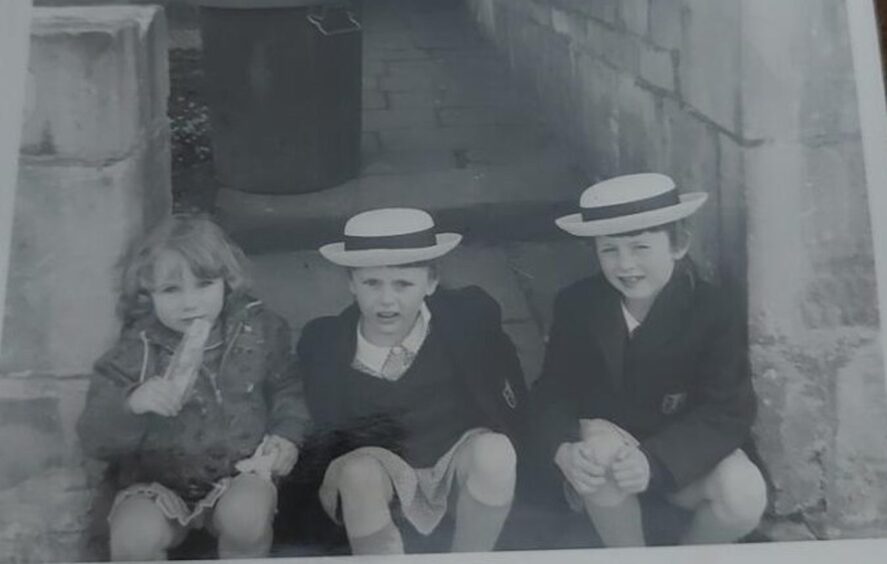
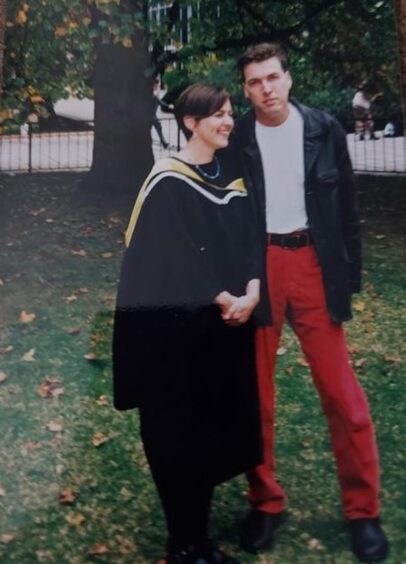
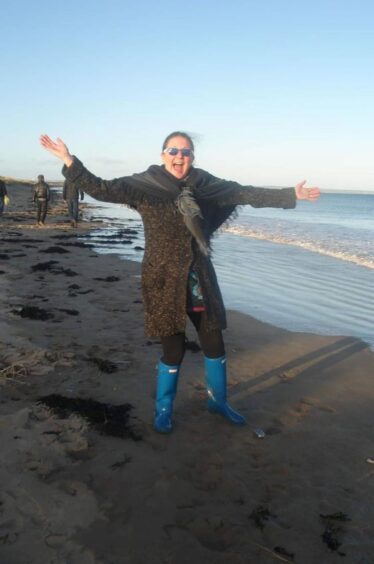

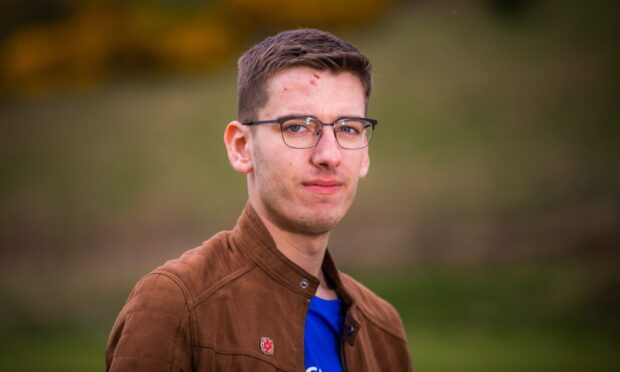

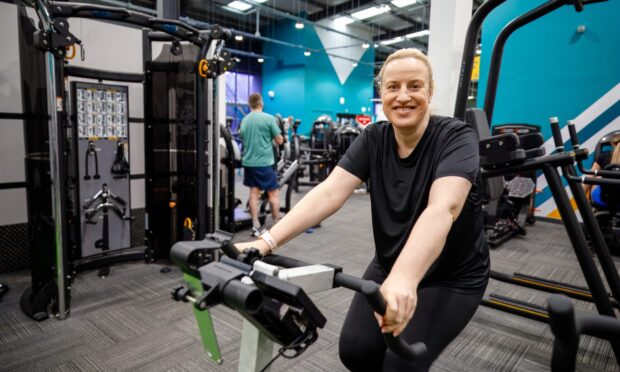
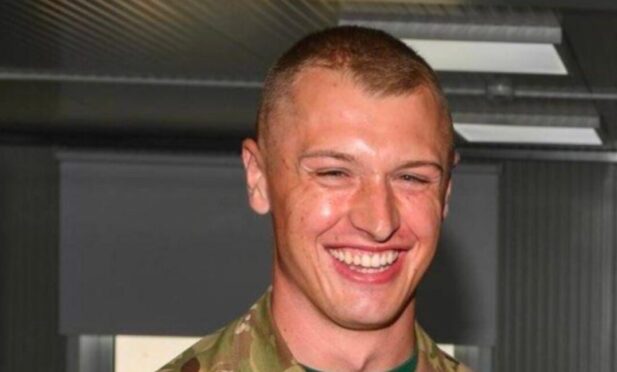



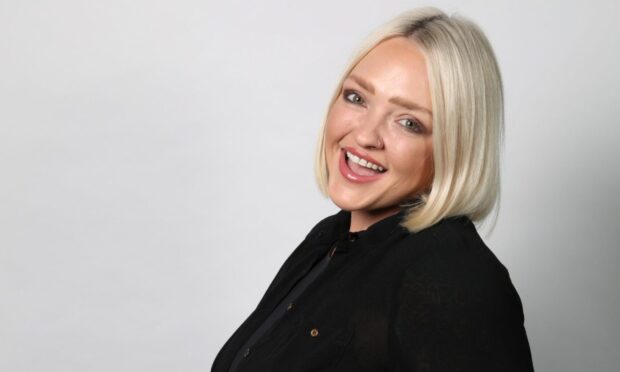

Conversation